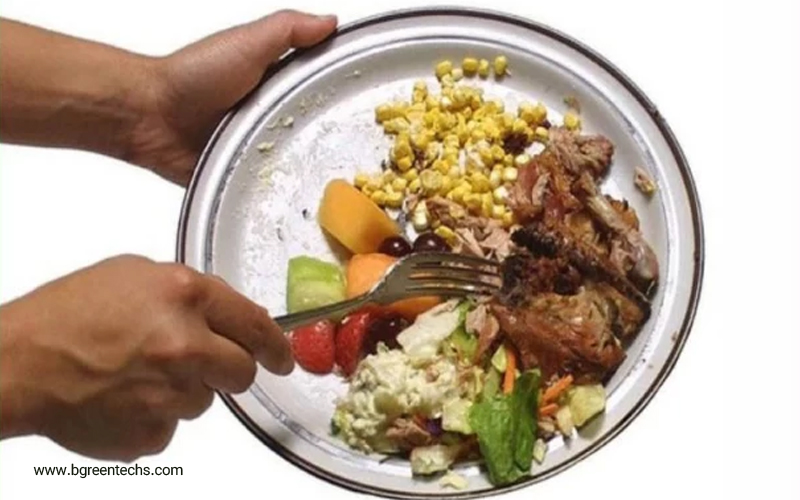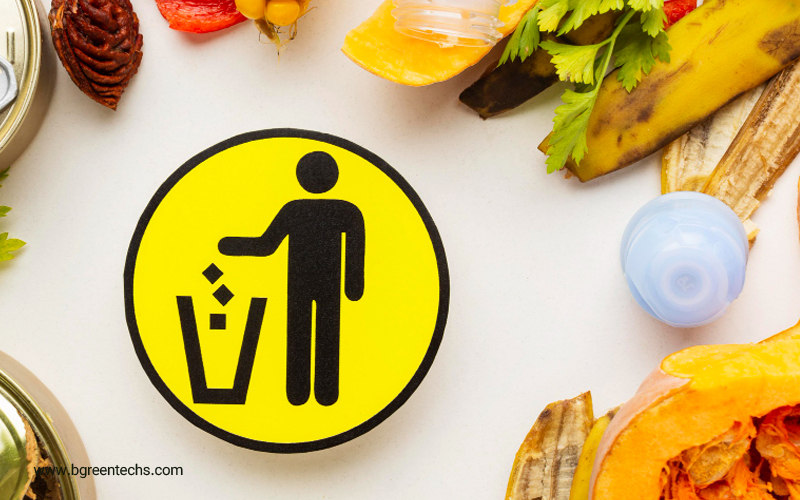The economy and the ecology are both impacted by the prevalent problem of food waste. Each year, millions of tons of food are lost or discarded, which not only harms the environment but also results in financial losses. Food waste reduction strategies help maximize the use of the food that is produced while reducing food waste. In this post, we’ll discuss some of the top strategies for reducing food waste.
How to Reduce Food Waste Globally?
Here we will talk about the main solutions to eliminate or reduce food waste globally:
Food Recovery Programs
Participating in food recovery programs is one of the best strategies to decrease food waste. With the help of these programs, extra food is gathered from eateries, stores, and other locations and given to those in need. Governmental or nonprofit institutions can both undertake food recovery programs. They help to reduce food waste in addition to reducing poverty and hunger.
Composting
Another efficient strategy for reducing food waste is composting. To create nutrient-rich soil, organic matter such as food scraps, yard trash, and leaves must be broken down by composting. After that, this soil may be utilized to fertilize gardens and plants. By composting, less organic waste is dumped in landfills, which release methane gas, a strong greenhouse gas that accelerates climate change.
Food Sharing Apps
As an effort to cut down on food waste, food-sharing applications are gaining popularity. Utilizing these applications, surplus food may be shared with those in need. For instance, if there is food left over after a party, it may be posted on the app so that someone who is hungry can come and pick it up. In addition to fostering community and eliminating hunger, food-sharing applications can minimize food waste.
Education and Awareness
For the purpose of decreasing food waste, awareness and education are crucial. Many individuals don’t know how much food they waste or how to handle and store food in a way that minimizes waste. People may be made aware of the value of decreasing food waste through educational initiatives, as well as the right methods for composting and storing, and using food. In order to prevent food waste, we can motivate individuals to take action by spreading education and awareness.
Food Waste Reduction Technologies
A number of technologies can also be employed to lessen food waste. For instance, some businesses have created sensors that can warn users when food is ready to deteriorate and can identify it. This minimizes waste by allowing them to eat the food before it spoils. In order to decrease the amount of food that spoils before it can be utilized, some businesses have created packaging that prolongs the shelf life of food.
Food Waste Prevention Programs
Another efficient strategy for reducing food waste is to implement food waste prevention programs. Working with food growers, processors, and retailers is a key component of these initiatives, which aim to cut down on food waste at every link in the supply chain. For instance, a store and a food waste reduction program may collaborate to cut down on the amount of food wasted due to its unappealing appearance. We can greatly reduce the quantity of food lost by minimizing waste at every point in the supply chain.
Food Waste Legislation
The least effective method to prevent food waste is through regulation. Restaurants and grocery stores are required by law in several nations to give any leftover food to food banks or charities. Laws requiring families to compost their food waste have been introduced in several nations. We can develop a culture that is environmentally conscious and lessen the amount of food wasted by putting rules into place that encourage the decrease of food waste.
Conclusion
Finally, it should be noted that the issue of food waste is a worldwide one that calls for a holistic solution. There are a variety of efficient methods for reducing food waste, including composting, food-sharing applications, awareness and education campaigns, technology for reducing food waste, initiatives to avoid food waste, and laws governing food waste. We can build a world that is both equitable and environmentally friendly for everybody by cooperating and taking the initiative.



